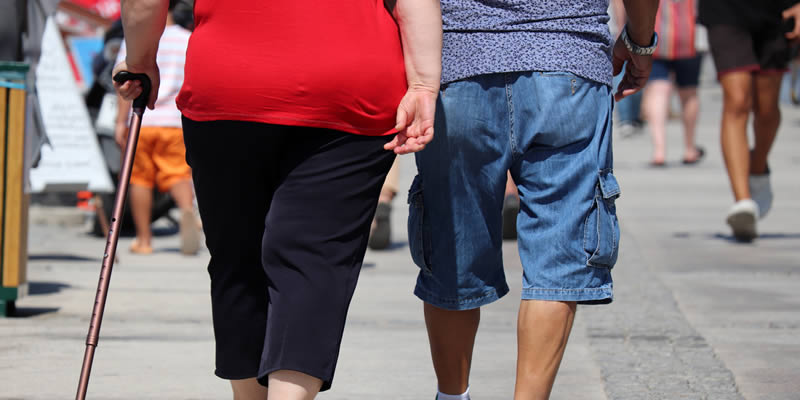Individuals who sit down for long periods of time are more at risk of developing depression and anxiety compared to those who are more active, new evidence was identified.
Conducted by academics from Iowa State University, the study discovered that people with sedentary lifestyles during the pandemic were particularly at risk of having a mental health condition.
According to the report, global lockdowns have increased cases of depression and anxiety because people were forced to stay indoors for months, causing inactive lifestyles to form.
Chief author, Professor Jacob Meyer said: “Sitting is a sneaky behaviour. It’s something we do all the time without thinking about it.”
- ‘Strong link’ found between food choices and children’s mental health
- Lyme disease damages people’s mental health and increases suicidal feelings, scientists pledge
He added: “In March 2020, we knew COVID-19 was going to affect our behaviour and what we could do in lots of weird, funky ways that we couldn’t predict.”
More than 3,000 people living in America took part in the trial by filling in questionnaires about their activity levels before the pandemic began and in-between April 2020 and June 2020.
In addition, the participants revealed whether they had experienced a change to their emotional wellbeing during the lockdown.
The team of researchers found that exercise levels amongst those in the group who completed at least two and a half hours of exercise each week fell by 32% after the stay-at-home order was introduced.
Individuals who reduced their physical activity uptake during the pandemic also revealed that they were experiencing more symptoms of anxiety, depression and loneliness, the study reported.
“We know when people’s physical activity and screen time changes, that’s related to their mental health in general, but we haven’t really seen large population data like this in response to an abrupt change before,” said Professor Meyer.
- New research identifies a rise in mental health disorders among ICU workers during pandemic
- Gaming may improve mental health
A year later, the team reassessed the mental wellbeing and physical activity uptake of each participant to assess whether a lack of exercise was still impacting their mood.
The results revealed that those in the group who carried on spending most of their time sitting down after the stay-at-home order was lifted felt more depressed compared to the individuals who took part in more physical activity.
Professor Meyer said: “In the second study, we found that, on average, people saw their mental health improve over the eight-week period.
“People adjusted to life in the pandemic but for people whose sitting times stayed high, their depressive symptoms, on average, didn’t recover in the same way as everyone else’s.”




